Evaluating the Success of Alternative Pancreatic Cancer Treatments in Mexico
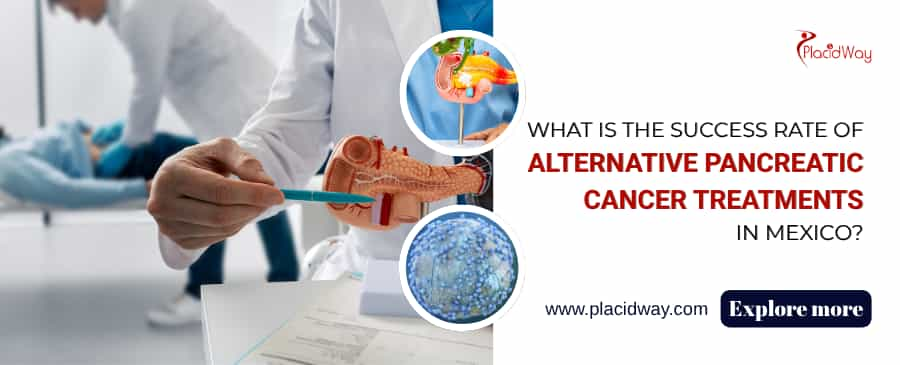
"There is no scientifically validated data to support the success rates of alternative pancreatic cancer treatments in Mexico, and claims made by clinics are not backed by independent evidence."
The search for hope in the face of a pancreatic cancer diagnosis can lead many to explore treatment options beyond conventional medicine. Mexico has become a prominent destination for those seeking alternative therapies, with clinics offering a range of treatments that are often unavailable or unapproved in other countries. These clinics frequently tout high success rates, creating an allure for patients and their families who are desperate for a cure. However, it is crucial to approach these claims with a critical eye, as the reality of the effectiveness of these treatments is far more complex and often not supported by credible scientific evidence.
This blog post will delve into the world of alternative pancreatic cancer treatments in Mexico, addressing the pressing questions that many people have. We will explore the types of treatments offered, the purported success rates, the regulatory environment, and the potential risks involved. Our goal is to provide a comprehensive and honest overview to help you make informed decisions about your health.
What are Alternative Pancreatic Cancer Treatments?
"Alternative pancreatic cancer treatments refer to a variety of therapies and substances that are not part of standard, evidence-based conventional medical care for pancreatic cancer, such as chemotherapy, radiation therapy, and surgery."
These treatments are often presented as "natural," "holistic," or "non-toxic" alternatives to conventional medicine. They can encompass a wide spectrum of approaches, from specialized diets and supplements to more complex procedures. The underlying philosophy of many alternative treatments is to support the body's natural healing abilities and to address the root cause of the cancer, rather than just treating the symptoms.
It is important to distinguish between "alternative" and "complementary" medicine. Complementary therapies are used alongside conventional treatments to help manage side effects and improve quality of life. Examples include acupuncture, massage, and meditation. Alternative therapies, on the other hand, are often used instead of conventional treatments.
What Types of Alternative Pancreatic Cancer Treatments are Offered in Mexico?
"Clinics in Mexico offer a diverse range of alternative pancreatic cancer treatments, including metabolic therapies like the Gerson therapy, various forms of immunotherapy, hyperthermia, and other experimental approaches."
The landscape of alternative cancer treatments in Mexico is vast and varied. Some of the most commonly promoted therapies for pancreatic cancer include:
-
Gerson Therapy: This is a metabolic therapy that involves a strict organic, plant-based diet, raw juices, coffee enemas, and various supplements. The theory behind it is to detoxify the body and provide it with the nutrients it needs to heal itself.
-
Immunotherapy: This is a broad category of treatments that aim to stimulate the body's own immune system to fight cancer. The types of immunotherapy offered in Mexico may differ from those approved in other countries and are often considered experimental.
-
Hyperthermia: This treatment involves heating the body's tissues to high temperatures with the goal of damaging and killing cancer cells, or making them more susceptible to other treatments.
-
Laetrile (Amygdalin or Vitamin B17): This is a compound derived from apricot pits that has been promoted as an alternative cancer treatment for decades, despite a lack of scientific evidence to support its effectiveness.
-
Insulin Potentiation Therapy (IPT): This involves administering insulin along with a lower dose of chemotherapy. The theory is that cancer cells have more insulin receptors and will therefore absorb the chemotherapy more readily, reducing side effects.
What is the Claimed Success Rate of These Treatments?
"Many alternative cancer clinics in Mexico claim very high success rates, sometimes as high as 80% or more; however, these claims are not supported by independent, peer-reviewed scientific studies."
This is the central and most critical question for anyone considering these treatments. The allure of a high success rate can be incredibly powerful for those facing a grim prognosis. Clinics often feature patient testimonials and anecdotal evidence to support their claims. However, it is essential to understand that these claims are not the same as scientifically validated success rates.
Reputable medical research relies on rigorous, controlled clinical trials to determine the effectiveness of a treatment. These trials compare the outcomes of patients receiving the new treatment with those receiving a standard treatment or a placebo. The results are then published in peer-reviewed medical journals, allowing other experts to scrutinize the data. The success rates claimed by alternative clinics in Mexico have not undergone this level of scientific validation.
Is There Scientific Evidence to Support These Claims?
"There is a significant lack of credible, peer-reviewed scientific evidence to support the high success rates claimed by alternative pancreatic cancer treatment clinics in Mexico."
While some alternative therapies may have shown some promise in laboratory or animal studies, these findings have generally not been replicated in large-scale human clinical trials. For many of the treatments offered, there is no plausible scientific mechanism by which they would be effective against pancreatic cancer.
For example, the American Cancer Society and the National Cancer Institute have stated that there is no scientific evidence that Laetrile or the Gerson Therapy are effective in treating cancer. While some individual components of these therapies, such as a healthy diet, can be beneficial for overall health, there is no proof that they can cure or control cancer.
Are Alternative Pancreatic Cancer Treatments in Mexico Regulated?
"The regulation of medical treatments in Mexico is different and often less stringent than in countries like the United States, allowing clinics to offer therapies that have not been approved by regulatory bodies like the FDA."
This difference in the regulatory environment is a key reason why many of these clinics operate in Mexico. They are able to offer treatments that have not gone through the rigorous testing and approval process required in other countries. This lack of oversight can pose a significant risk to patients.
While Mexico has a public healthcare system and regulatory bodies, the enforcement of regulations for alternative medicine clinics can be inconsistent. This means that the quality of care, the expertise of the practitioners, and the safety of the treatments can vary widely from one clinic to another.
What are the Risks of Seeking Alternative Pancreatic Cancer Treatment in Mexico?
"The primary risks of seeking alternative pancreatic cancer treatment in Mexico include the potential for receiving ineffective or even harmful treatments, delaying or forgoing proven conventional therapies, significant financial costs, and a lack of regulatory oversight."
Patients considering this path must be aware of the serious potential downsides:
-
Ineffective Treatment: The greatest risk is that the alternative treatment will not work, allowing the cancer to progress unchecked.
-
Delaying or Forgoing Conventional Treatment: Choosing an unproven alternative therapy over evidence-based conventional treatments like chemotherapy or surgery can significantly reduce the chances of a positive outcome.
-
Financial Burden: These treatments are rarely covered by insurance and can be extremely expensive, often costing tens of thousands of dollars.
-
Physical Harm: Some alternative treatments can have serious side effects and may even be toxic. Coffee enemas, for example, can lead to electrolyte imbalances and infections.
-
Lack of Follow-up Care: Patients who travel to Mexico for treatment may not have access to appropriate follow-up care once they return home.
Why Do People Choose to Go to Mexico for Alternative Cancer Treatment?
"Patients often choose to go to Mexico for alternative cancer treatment out of a sense of hope when conventional treatments have failed, a desire for more 'natural' or less toxic options, and the perception of more personalized and compassionate care."
The decision to seek alternative treatment in Mexico is often a deeply personal one, driven by a complex mix of emotions and beliefs. For many, it is a last resort after being told that their cancer is incurable with conventional medicine. The promise of a cure, however unsubstantiated, can be a powerful motivator.
Others are drawn to the idea of a more holistic approach that addresses the mind, body, and spirit. The clinics often create a very supportive and hopeful environment, which can be very appealing to patients who feel let down by the often-impersonal nature of conventional healthcare.
How Can I Evaluate the Claims of an Alternative Cancer Clinic?
"To evaluate the claims of an alternative cancer clinic, you should look for evidence from peer-reviewed scientific studies, be wary of promises of a 'cure,' investigate the credentials of the medical staff, and seek second opinions from qualified oncologists."
If you are considering an alternative cancer clinic in Mexico or anywhere else, it is crucial to do your due diligence. Here are some red flags to watch out for:
-
Promises of a "cure": Reputable medical professionals will never guarantee a cure for cancer.
-
Reliance on testimonials and anecdotal evidence: While patient stories can be compelling, they are not a substitute for scientific proof.
-
Secret or proprietary formulas: Legitimate medical treatments are based on scientific principles that are openly shared and studied.
-
Criticism of the medical establishment: Claims that the medical community is conspiring to suppress a "cure" are a common tactic of untrustworthy clinics.
-
High-pressure sales tactics: You should never feel pressured to make a quick decision about your medical care.
What Should I Do if I'm Considering Alternative Pancreatic Cancer Treatment?
"If you are considering alternative pancreatic cancer treatment, it is essential to have an open and honest conversation with your oncologist to discuss all of your options and to ensure that any complementary therapies you are considering are safe and will not interfere with your conventional treatment."
It is understandable to want to explore every possible avenue when facing a serious illness like pancreatic cancer. The most important thing is to make informed decisions based on credible evidence. Do not abandon or delay conventional treatments that have been proven to be effective without first discussing it thoroughly with your medical team.
Your oncologist can help you understand the potential benefits and risks of any complementary therapies you are considering and can help you integrate them safely into your overall treatment plan. Open communication is key to ensuring that you receive the best possible care.
Ready to explore your healthcare options with trusted and verified medical providers? Explore PlacidWay for solutions related to medical tourism and healthcare services.


.png)
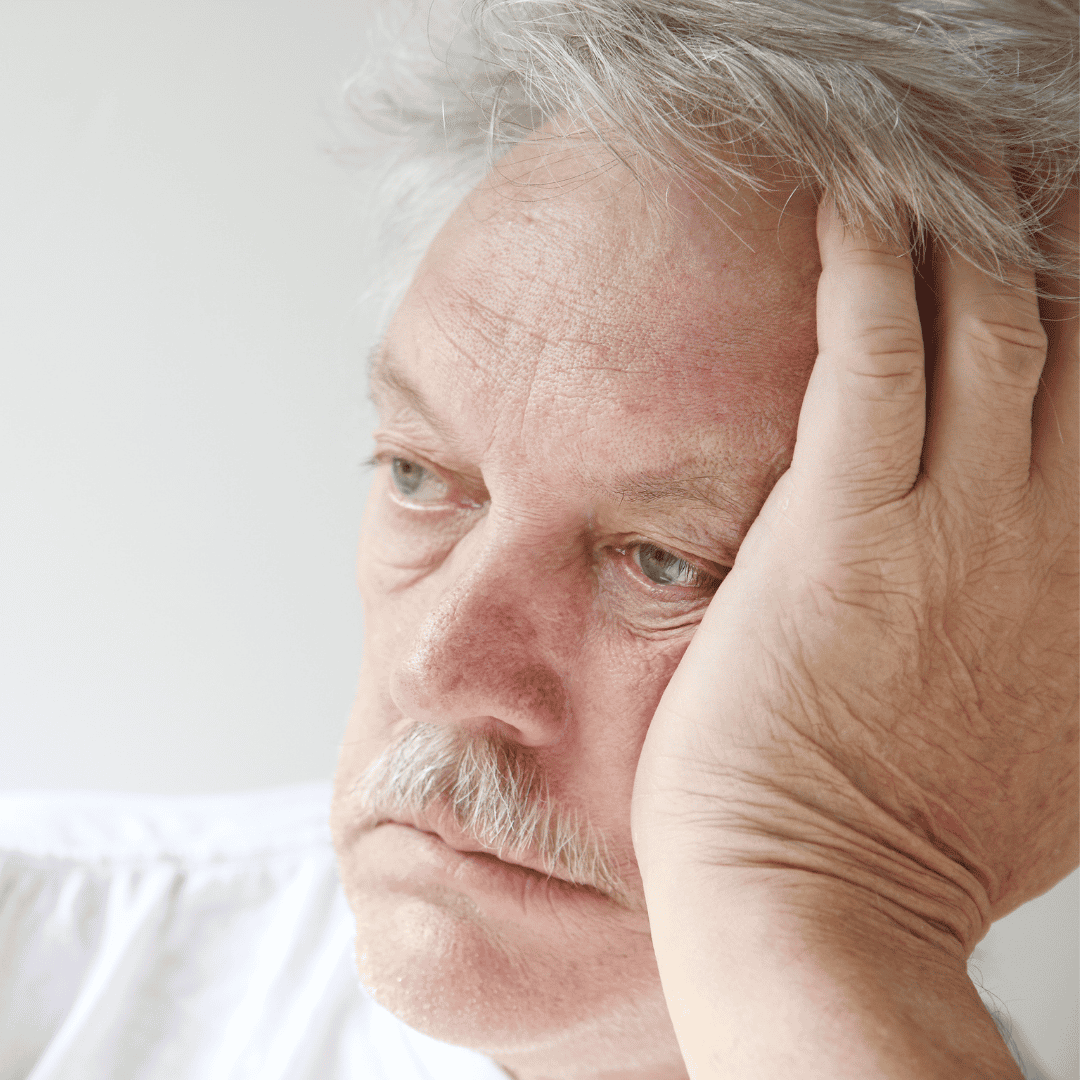
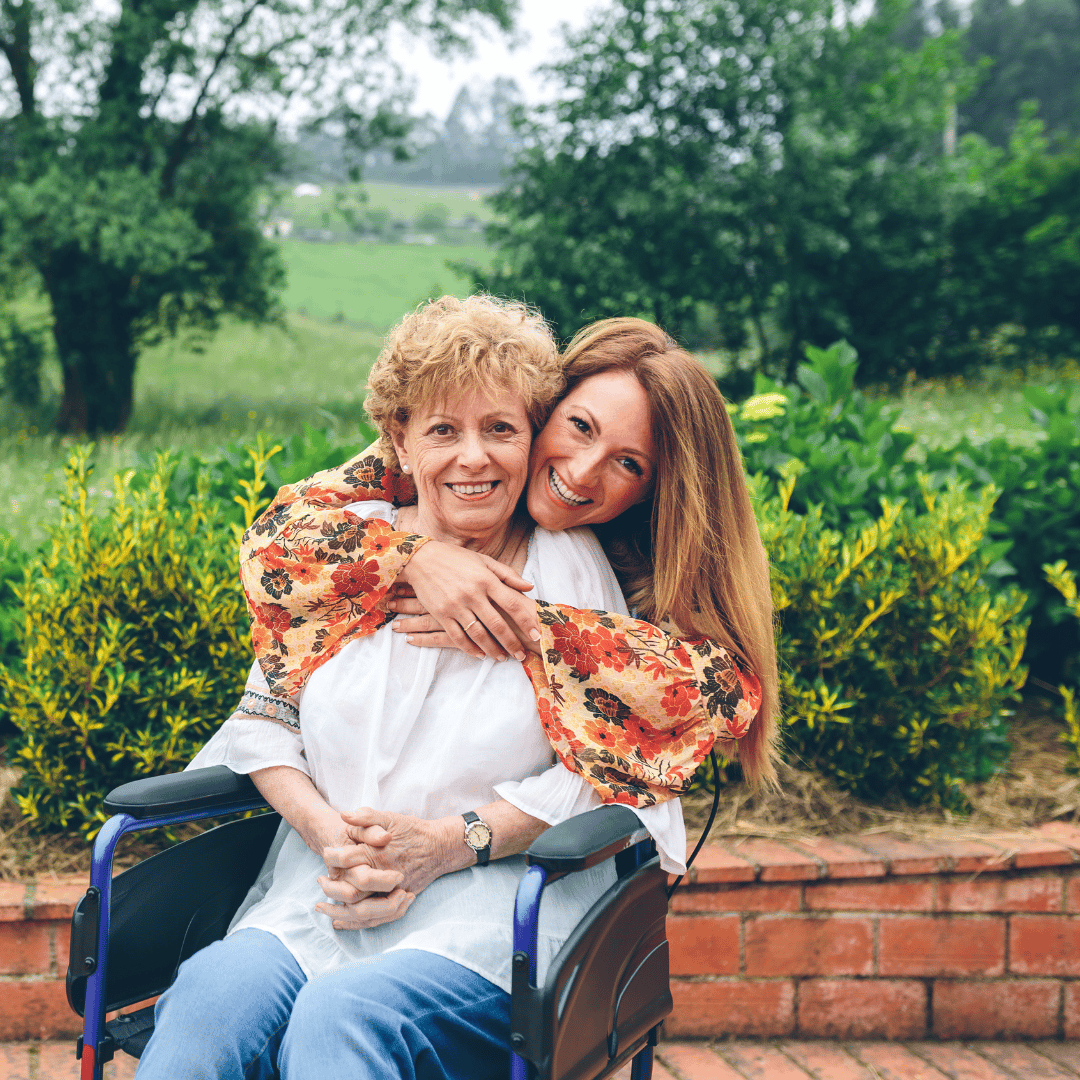

.png)
.png)
.png)
.png)
.png)
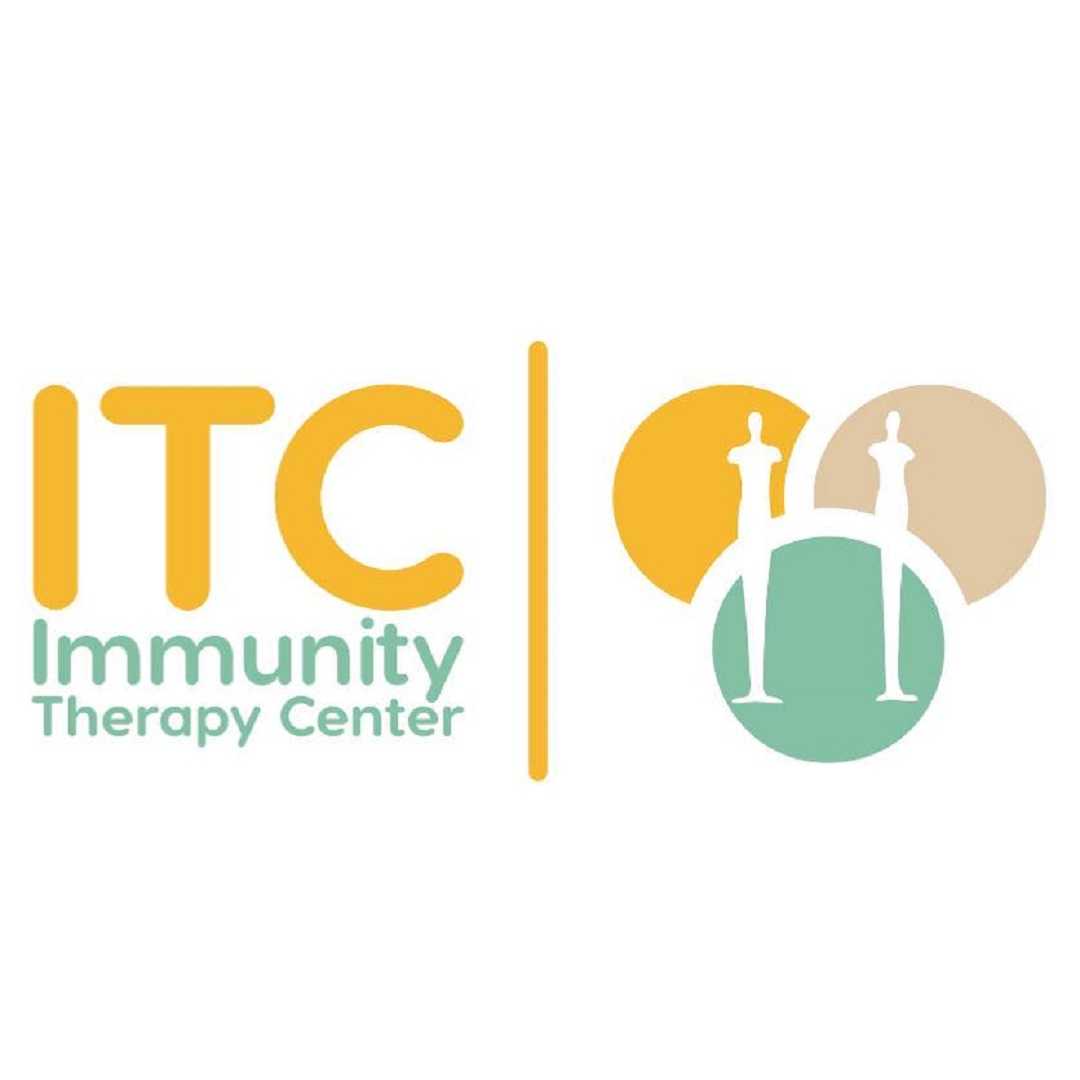
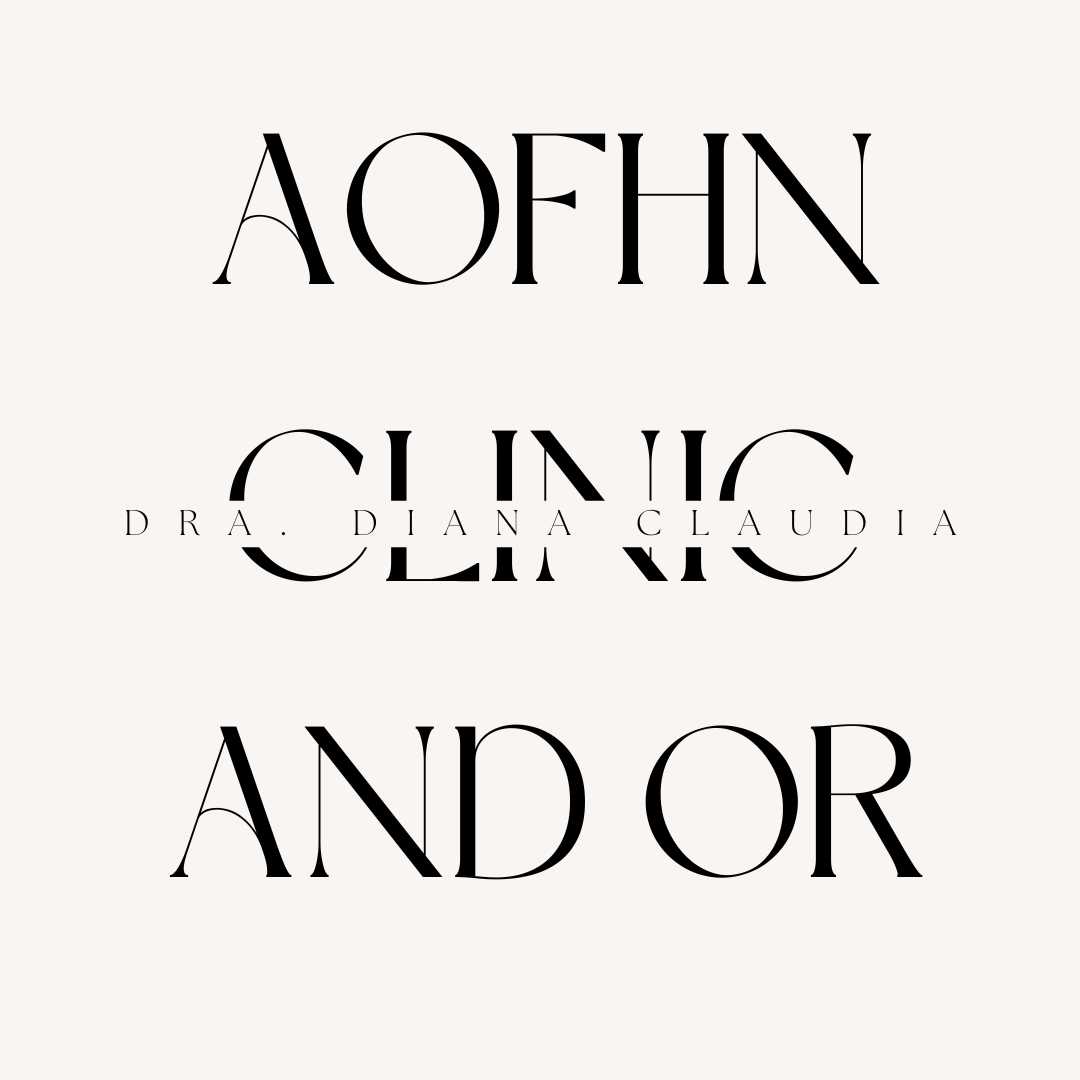

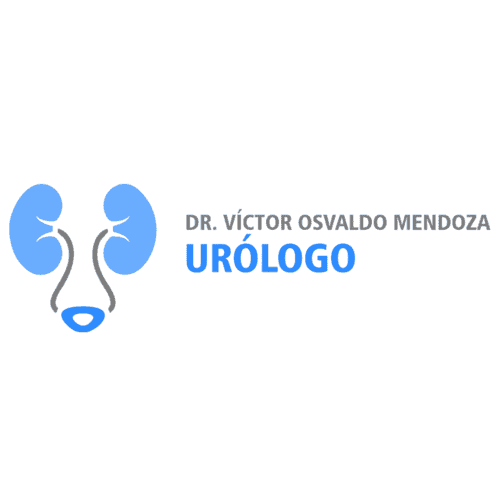
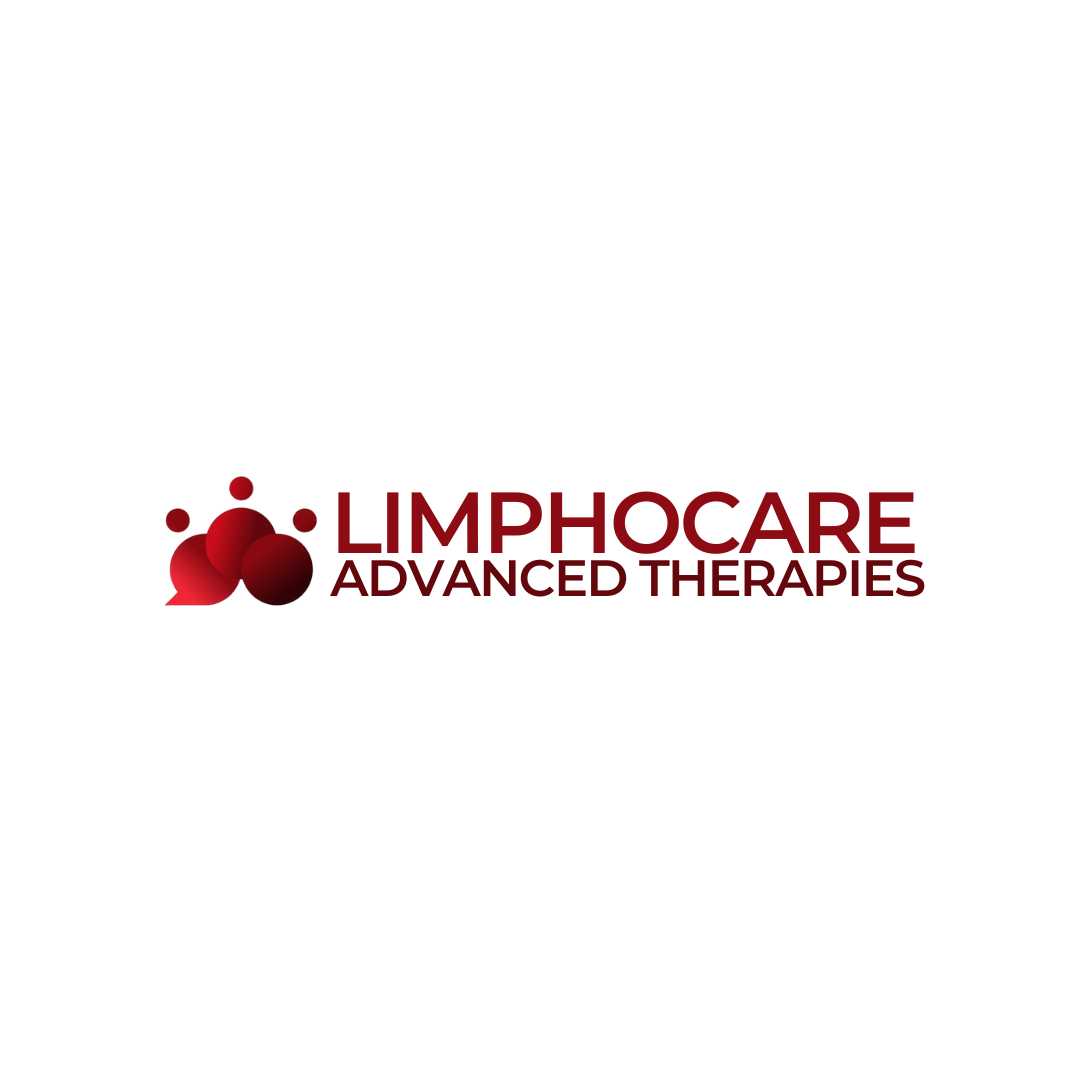

Share this listing